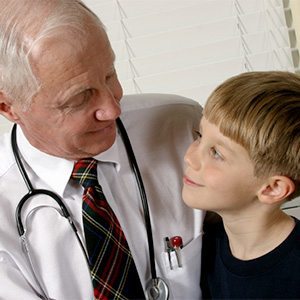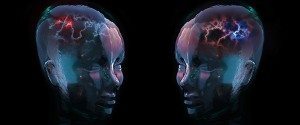Too Many Meds: Medications Are Overprescribed To Those With Disabilities
Many of us have had uncomfortable moments when a person with autism “acts out” or does something inappropriate. Sometimes these behaviours can be aggressive and downright scary for a parent or caregiver. While it might be easier to imagine that prescribing a drug could minimize these events or make them stop altogether, new research out of the UK suggests that many people with intellectual disabilities are overprescribed medications in an effort to treat problem behaviours such as aggression and self-injury, despite there being little evidence of any benefit from these medications.






